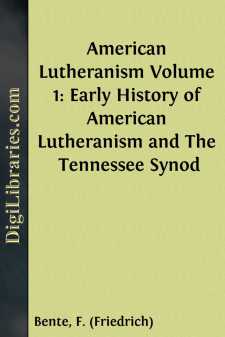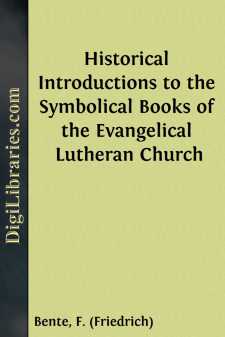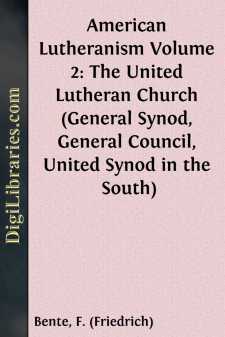Categories
- Antiques & Collectibles 13
- Architecture 36
- Art 48
- Bibles 22
- Biography & Autobiography 816
- Body, Mind & Spirit 145
- Business & Economics 28
- Children's Books 18
- Children's Fiction 14
- Computers 4
- Cooking 94
- Crafts & Hobbies 4
- Drama 346
- Education 58
- Family & Relationships 59
- Fiction 11831
- Foreign Language Study 3
- Games 19
- Gardening 17
- Health & Fitness 34
- History 1378
- House & Home 1
- Humor 147
- Juvenile Fiction 1873
- Juvenile Nonfiction 202
- Language Arts & Disciplines 89
- Law 16
- Literary Collections 686
- Literary Criticism 179
- Mathematics 13
- Medical 41
- Music 40
- Nature 179
- Non-Classifiable 1768
- Performing Arts 7
- Periodicals 1453
- Philosophy 66
- Photography 2
- Poetry 897
- Political Science 203
- Psychology 45
- Reference 154
- Religion 516
- Science 126
- Self-Help 86
- Social Science 82
- Sports & Recreation 34
- Study Aids 3
- Technology & Engineering 59
- Transportation 23
- Travel 463
- True Crime 29
Our website is made possible by displaying online advertisements to our visitors.
Please consider supporting us by disabling your ad blocker.
American Lutheranism Volume 1: Early History of American Lutheranism and The Tennessee Synod
Categories:
Description:
Excerpt
AMERICAN LUTHERANISM
Volume I Early History of American Lutheranism and The Tennessee Synod By F. BENTE St. Louis, Mo. CONCORDIA PUBLISHING HOUSE 1919
PREFACE. Essentially, Christianity is the special divine faith in the truth revealed by the Bible that we are saved, not by our own efforts, works, or merits, but alone by the pure and unmerited grace of God, secured by Christ Jesus and freely offered in the Gospel. And the Christian Church is the sum total of all those who truly believe, and therefore confess and propagate this truth of the Gospel.
Accordingly, the history of Christianity and of the Christian Church is essentially the record concerning this truth, viz., how, when, where, by whom, with what success and consistency, etc., it has been proclaimed, received, rejected, opposed, defended, corrupted, and restored again to its original purity.
Lutheranism is not Christianity plus several ideas or modifications of ideas added by Luther, but simply Christianity, consistent Christianity, neither more nor less. And the Lutheran Church is not a new growth, but merely the restoration of the original Christian Church with its apostolic, pure confession of the only saving Christian truth and faith.
The history of Lutheranism and of the Lutheran Church, therefore, is essentially the story concerning the old Christian truth, restored by Luther, viz., how, by whom, where, when, etc., this truth was promulgated, embraced, rejected, condemned, defended, corrupted, and restored again to pristine purity.
As for American Lutheranism, it is not a specific brand of Lutheranism, but simply Lutheranism in America; for doctrinally Lutheranism, like Christianity, with which it is identical, is the same the world over. Neither is the American Lutheran Church a distinct species or variety of the Lutheran Church, but merely the Lutheran Church in America.
The modified Lutheranism advocated during the middle of the nineteenth century as "American Lutheranism" was a misnomer, for in reality it was neither American nor Lutheran, but a sectarian corruption of both.
Hence, also, the history of American Lutheranism is but the record of how the Christian truth, restored by Luther, was preached and accepted, opposed and defended, corrupted and restored, in our country, at various times, by various men, in various synods and congregations.
In the history of American Lutheranism four names are of special significance: Muhlenberg, Schmucker, Walther, Krauth.
H. M. Muhlenberg endeavored to transplant to America the modified Lutheranism of the Halle Pietists. S. S. Schmucker's ambition was to transmogrify the Lutheran Church into an essentially unionistic Reformed body. C. F. Walther labored most earnestly and consistently to purge American Lutheranism of its foreign elements, and to restore the American Lutheran Church to its original purity, in doctrine as well as in practise. In a similar spirit Charles Porterfield Krauth devoted his efforts to revive confessional Lutheranism within the English portion of our Church....





